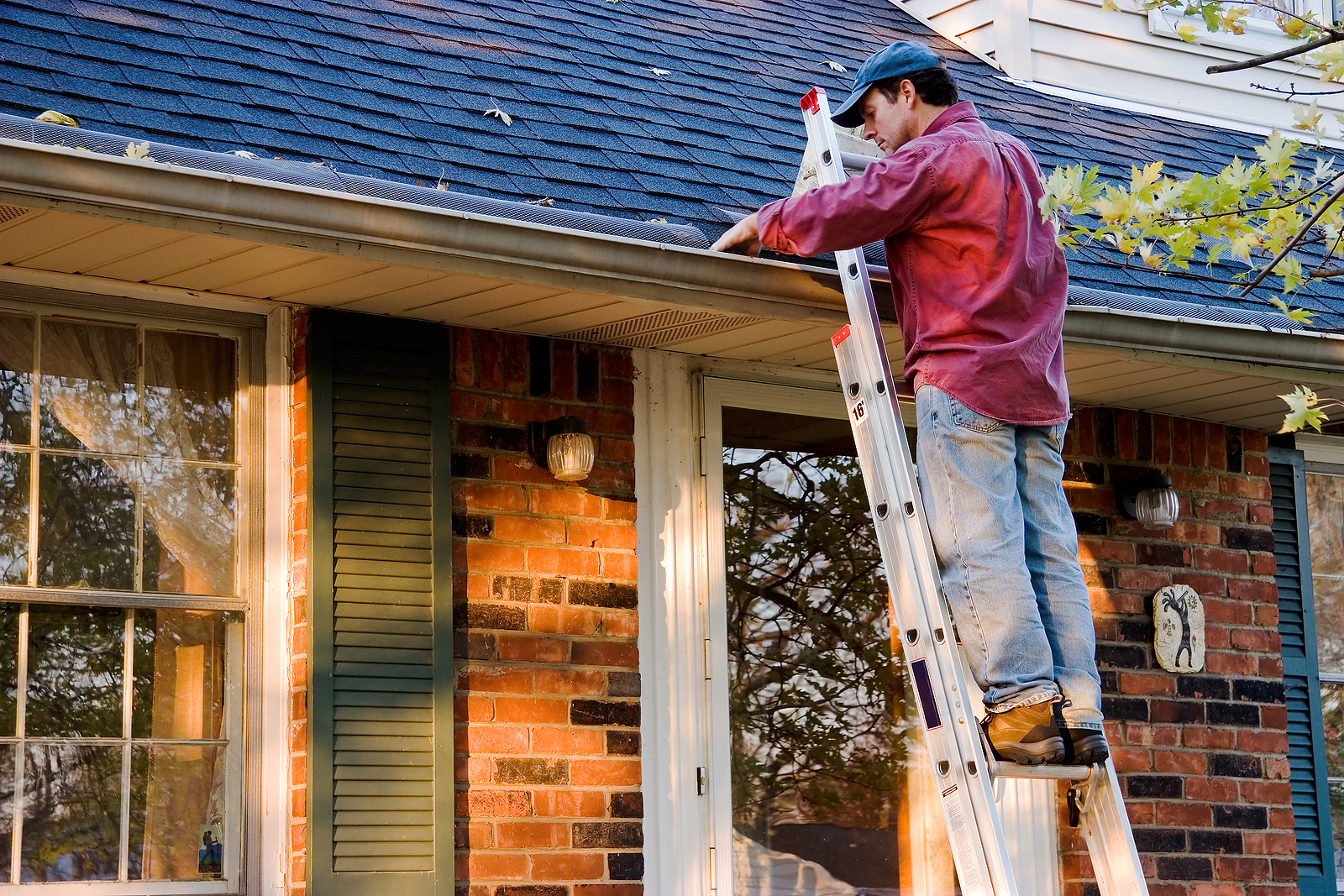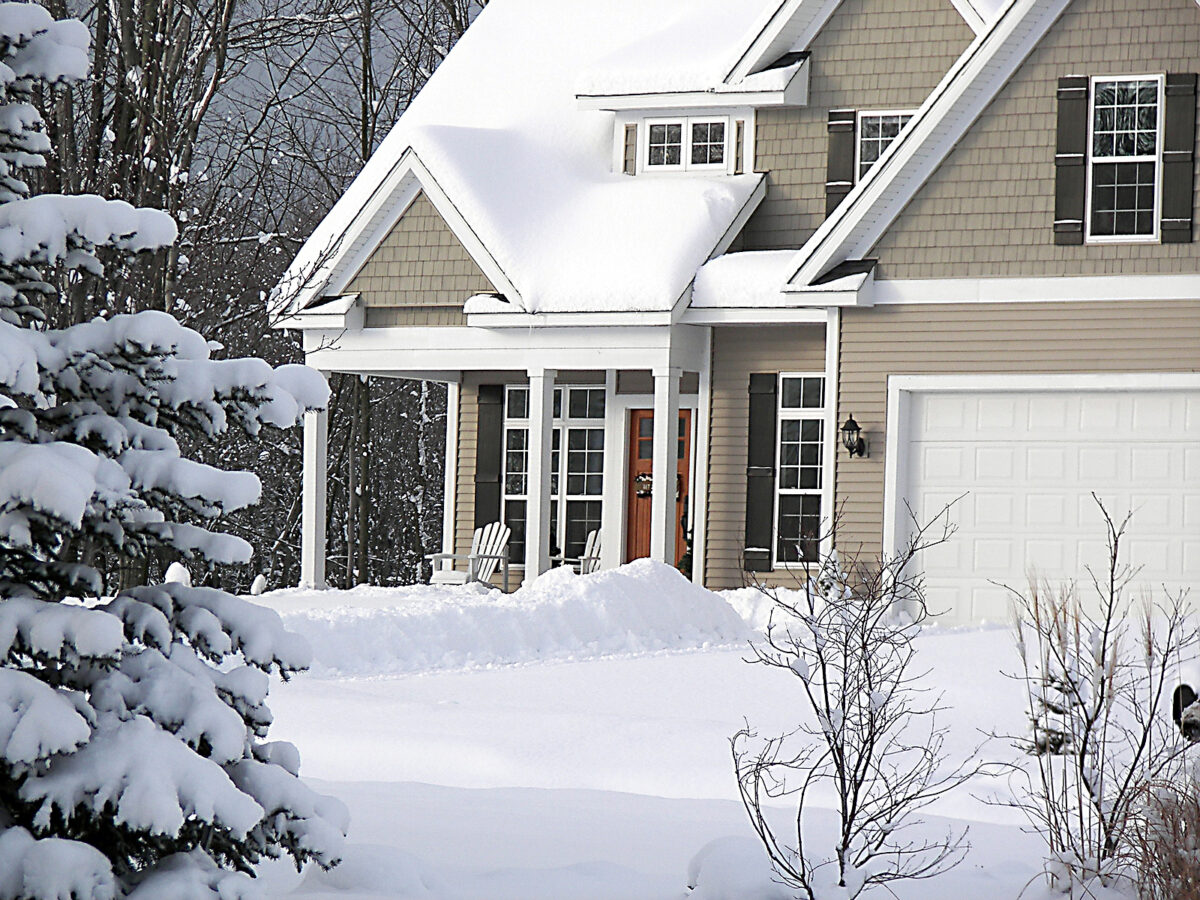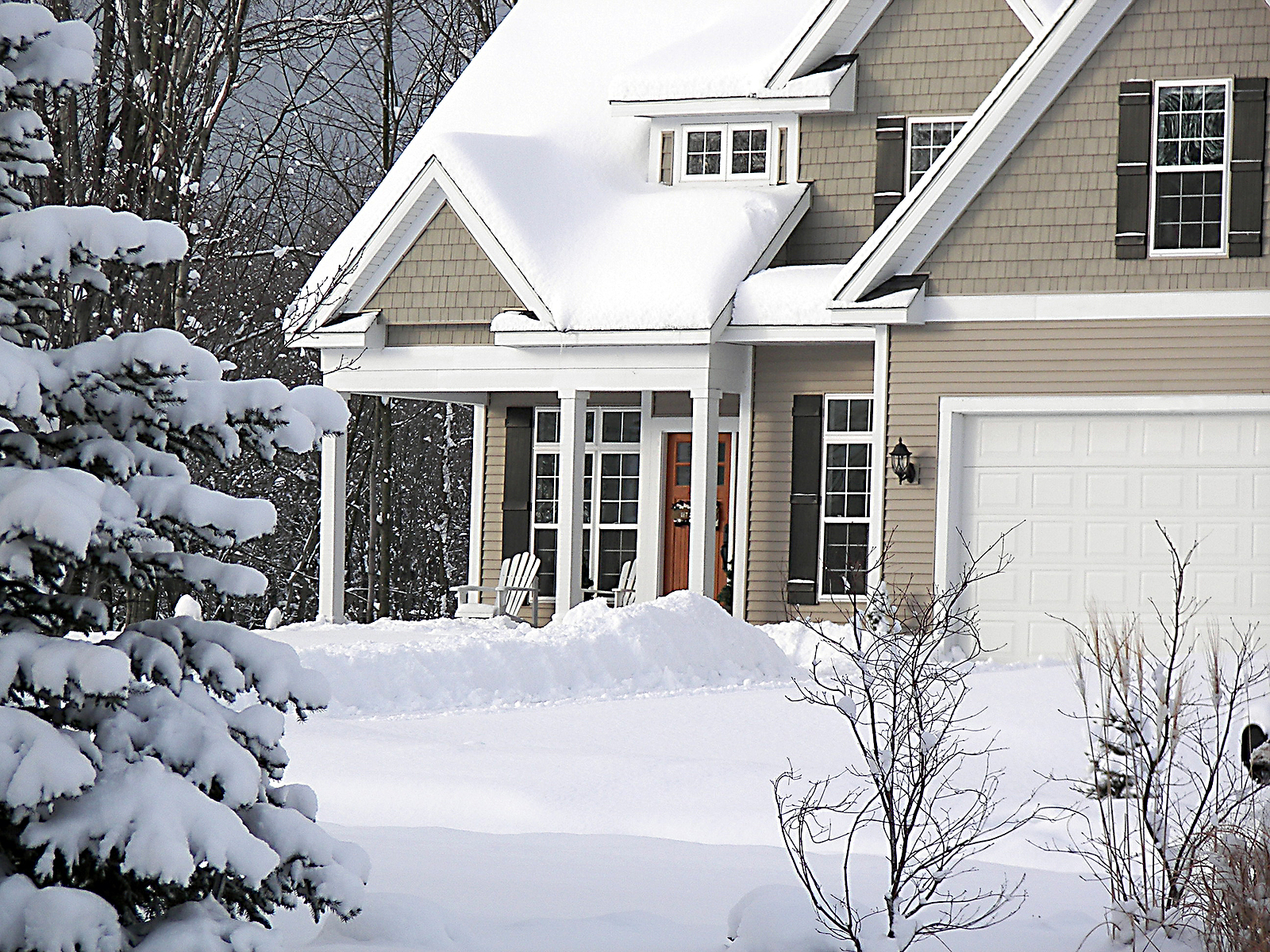Winter may seem like a challenging time to enhance your home’s curb appeal, but it can be an excellent opportunity to stand out in the real estate market. Whether you’re selling your home or simply want to keep it looking its best during the colder months, there are plenty of winter curb appeal tips to help your property shine. In this post, we’ll share practical advice to make your home inviting even when temperatures drop. From seasonal décor to essential maintenance, you’ll discover everything you need to create a warm first impression.
Why Winter Curb Appeal Matters
First impressions are everything in real estate, and your home’s exterior sets the tone. In winter, when landscaping options are limited, buyers or visitors notice other details more keenly. A well-maintained and visually appealing home in the winter signals to potential buyers that the property is cared for inside and out. Plus, with fewer homes on the market during this season, maximizing your curb appeal can give you a competitive edge.
Keep Pathways Safe and Clear
One of the simplest yet most critical steps for winter curb appeal is ensuring your walkways, driveway, and stairs are safe and accessible. Snow, ice, and debris can make your property look neglected and create hazards for guests.
- Shovel Snow Promptly: Clear walkways after every snowfall to maintain a tidy and welcoming appearance.
- Use Salt or Sand: Sprinkle de-icer or sand to prevent slips and falls. Opt for eco-friendly products to protect your landscaping.
- Repair Damage: Address cracks or uneven surfaces that winter weather can worsen.
Add Pops of Seasonal Color

Winter doesn’t have to mean a dull, colorless yard. Adding a splash of seasonal color can make your home feel inviting and vibrant.
- Winter-Friendly Plants: Invest in evergreen shrubs or cold-hardy plants like holly or winterberry. These can add greenery and a touch of red to your landscape.
- Decorate with Planters: Fill outdoor pots with pine branches, birch logs, or seasonal accents like ornaments or ribbon for an elegant touch.
- Bright Door Colors: A freshly painted front door in a bold color like red, blue, or green can make a striking impression.
Focus on Lighting for Warmth and Safety
Winter days are shorter, which makes proper lighting essential for both safety and aesthetics. Use lighting to highlight your home’s best features while ensuring visitors feel safe approaching.
- Upgrade Outdoor Fixtures: Modern fixtures can give your exterior a fresh look and improve visibility.
- Install Pathway Lighting: Solar-powered lights or lanterns along walkways create a cozy ambiance.
- Decorative Twinkle Lights: String lights on trees, shrubs, or porch railings add a festive touch during the holiday season.
Maintain Your Exterior
Cold weather can take a toll on your home’s exterior, making maintenance a priority for curb appeal.
- Clean the Gutters: Overflowing gutters can create ice dams and damage your property, so make sure they’re clear of leaves and debris.
- Wash Windows: Clean windows sparkle and help your home look well-maintained, even in winter.
- Repair Peeling Paint: Touch up areas where paint has chipped, particularly around the front door and trim.

Add Welcoming Touches
A few thoughtful details can create a warm and inviting entrance, even on the coldest days.
- Seasonal Door Wreaths: Choose wreaths made of pinecones, berries, or eucalyptus for a seasonal yet timeless look.
- Doormats and Rugs: Opt for a stylish, weatherproof mat to keep mud and snow at bay while adding a decorative touch.
- Outdoor Seating: If you have a porch, consider placing weather-resistant cushions on chairs or a bench. Pair them with a faux fur throw for extra charm.
Conclusion
Maximizing your home’s curb appeal in winter doesn’t have to be difficult. By focusing on safety, seasonal color, lighting, exterior maintenance, and inviting décor, you can make a lasting impression on anyone who visits. These winter curb appeal tips not only boost your home’s appearance but can also enhance its value. Whether you’re preparing to sell or simply want to spruce up for the season, these ideas will help your home look its best all winter long.





























